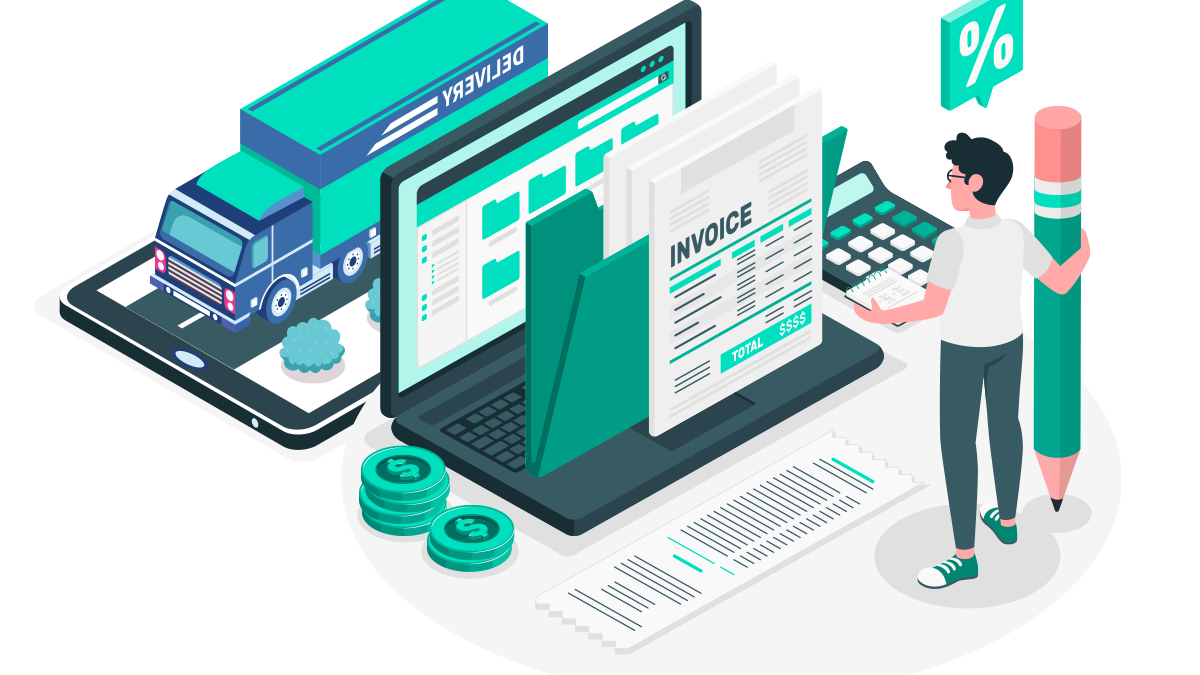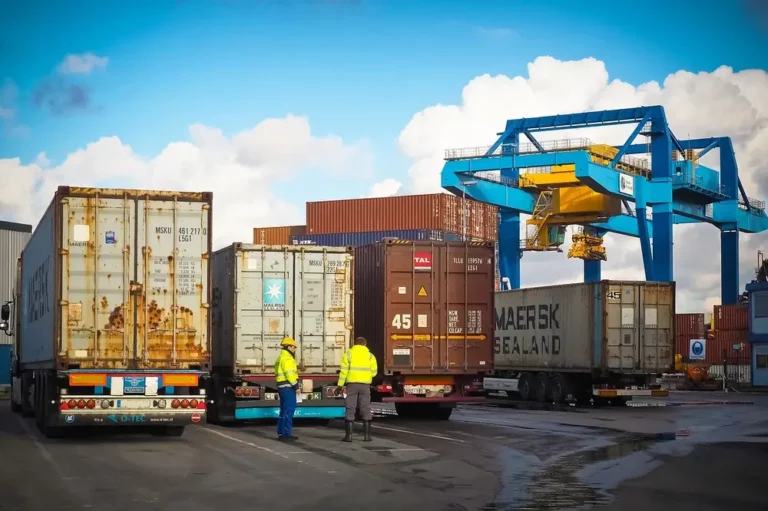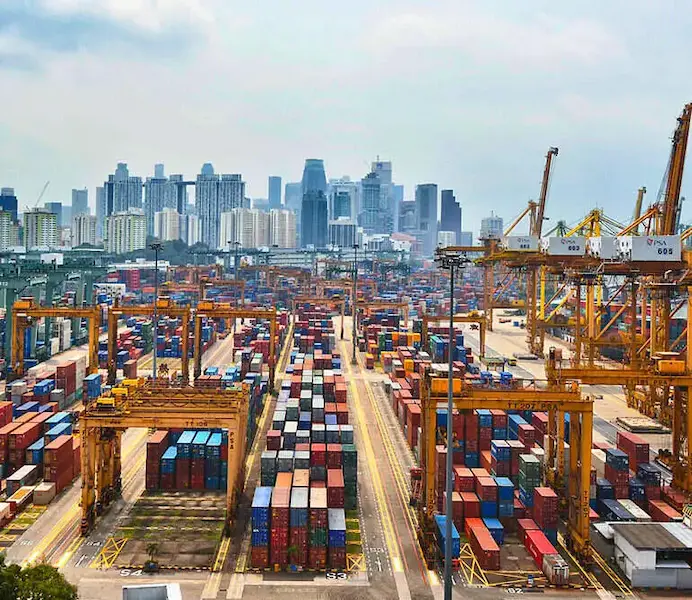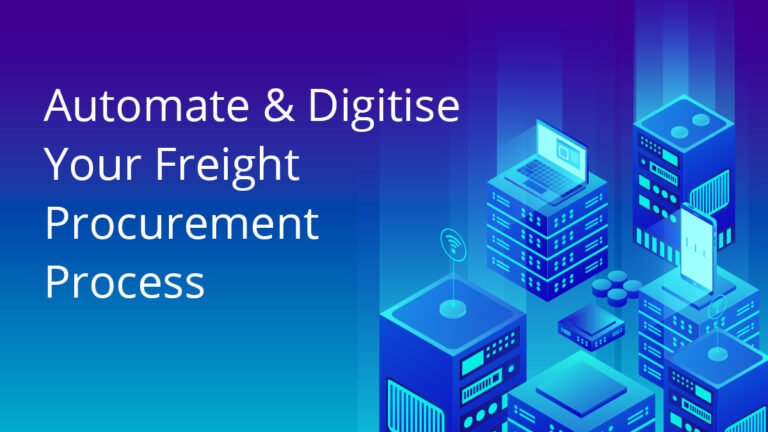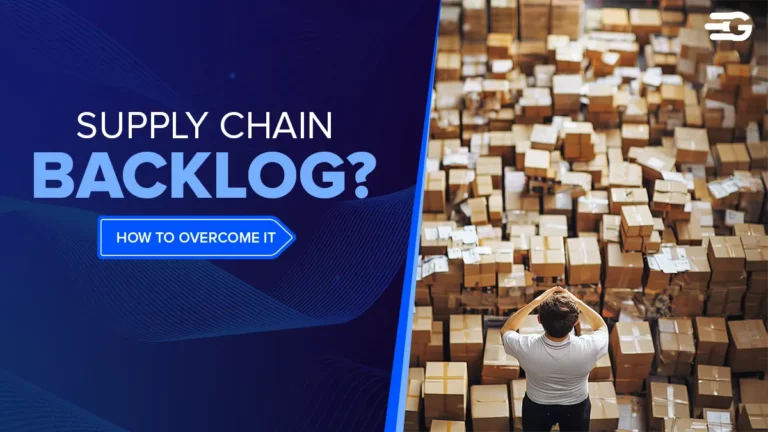Important tips for Freight Procurement Managers
Recent years have witnessed an increase in the adoption of digital solutions across several industries. The logistics and supply chain industry has been no exception. Especially in the field of freight procurement, it has been proven beyond doubt that the scope for improvement is vast.
For any freight purchasing manager, the primary goal is to ship goods at the lowest rate possible. While the most hassle-free method to drive double-digit cost savings every time you ship is to ensure that you negotiate well with the help of digital procurement technologies, there are a few things that freight procurement managers can do differently to achieve better outcomes.
The Deloitte Global CPO Survey 2016 stated that the majority of freight procurement officers agree that cost reduction is their number one priority this year but 62% expressed dissatisfaction with the execution of their respective procurement strategies.
To stay ahead of the latest developments in technology as well as leverage procurement strategies to the fullest extent, supply chain professionals must familiarize themselves with several concepts related to modern-day freight management. Freight procurement is pivotal to driving maximum ROI and when executed correctly, it is capable of doing so much more.
Actionable tips for any freight procurement manager
There is always something that you can do better as a freight purchasing manager when it comes to freight procurement. For instance, developing better relationships between shippers and 3PLs, evaluating the necessary performance indicators to drive profitability, and taking a proactive approach by designing more effective risk management policies. Here are some pointers that can help enhance your overall freight procurement performance.
- Build strong relationships with suppliers
Freight procurement managers must maintain strong relationships with the suppliers to make sure that both parties are on the same page and have definitive tasks and plans of action laid out. It is essential to building trust and avoiding miscommunications among the stakeholders.
An important feature of an efficient logistics manager is his/her impeccable interpersonal skills. There are times when things don’t go according to the plan and instead of panicking, you need a reliable person to sort out the issues cleanly.
- Automate freight procurement processes
Latest advancements in technology have proved to be extremely beneficial for the procurement teams in saving a huge amount of time that is otherwise spent on repetitive and menial tasks. By automating procurement operations can be made much easier and efficient. Indeed, eliminating manual intervention is a top priority here.
A good freight purchasing manager will be abreast of the latest trends in the digital space and be prepared to adopt them at the earliest opportunity.
- Continuous monitoring of performance indicators
One of the best practices to undertake would be to have a standard set of key performance indicators (KPIs), which are continuously updated, reported and hold both the buyer and the supplier responsible for any change in performance.
To gain a deeper understanding of how well your freight procurement process is operating and which areas need to be improved, it is important to make sure that performance of various stakeholders is being measured against suitable metrics.
- Give clear details about your shipments
It is always advisable to provide all the necessary details about your shipments (e.g., volume, number of loads, rear or centre unload, loading hours, equipment needed) to your carrier so that there’s less perceived risk and it can be quoted much more accurately. This helps you in getting the best freight rates for your business.
Any carrier or freight broker will tell you that even the most standard of projects can sometimes have surprises that prove to be expensive. To maintain the integrity of your load, be upfront about the shipment details to avoid delays and unnecessary charges.
- Risk management strategies
Predicting what could go wrong and having emergency procedures and plans in place is necessary to ensure business continuity. Make sure that all involved stakeholders throughout the organization are informed on risk management policies as well as on their roles and responsibilities, as incident response plans are only as effective as their execution.
Effective freight management aims to improve the efficiency of the operations, ensure customer satisfaction, and increase productivity. These strategies are necessary for process optimization and will enable you to build better relationships with all the involved stakeholders.
Freight procurement goes a long way when done right!
GoComet’s innovative Logistics Resource Management platform can not only help you procure freight efficiently but also assist you in fortifying your business against disruptions. To know more, reach out to us here.
